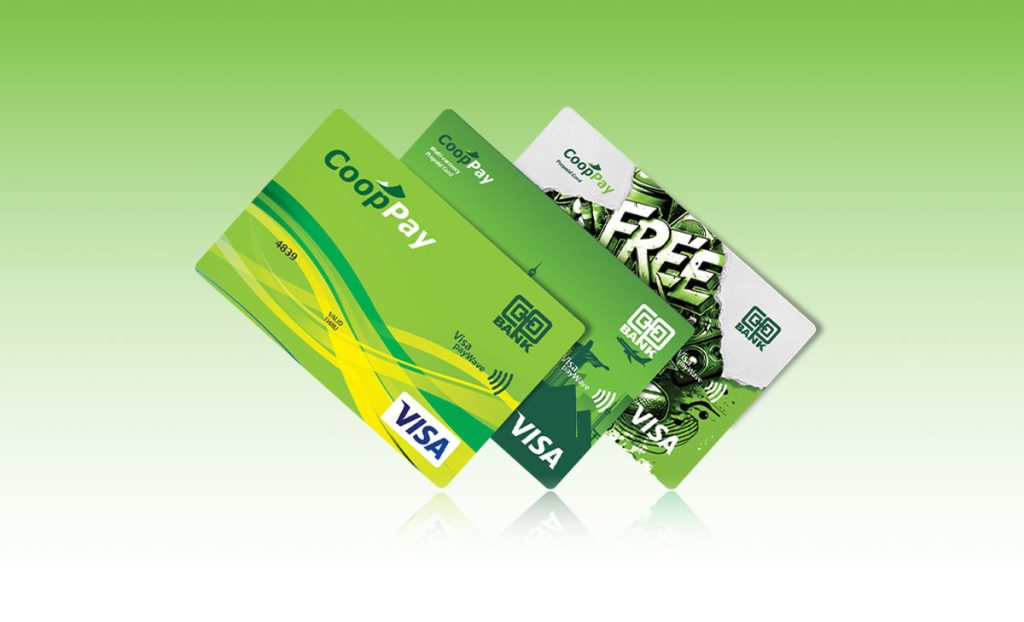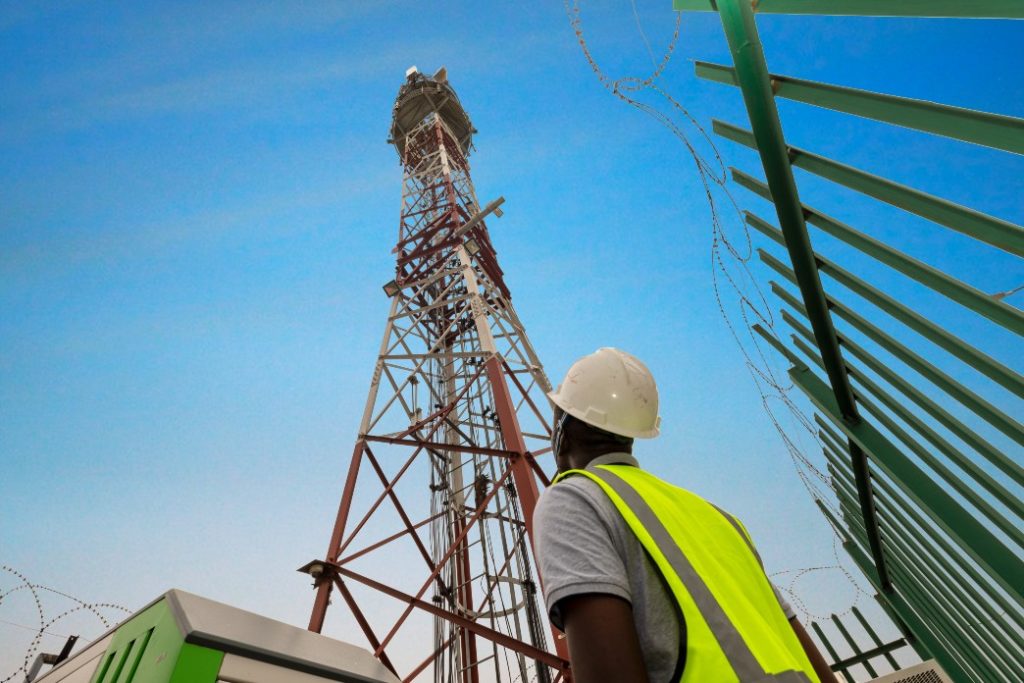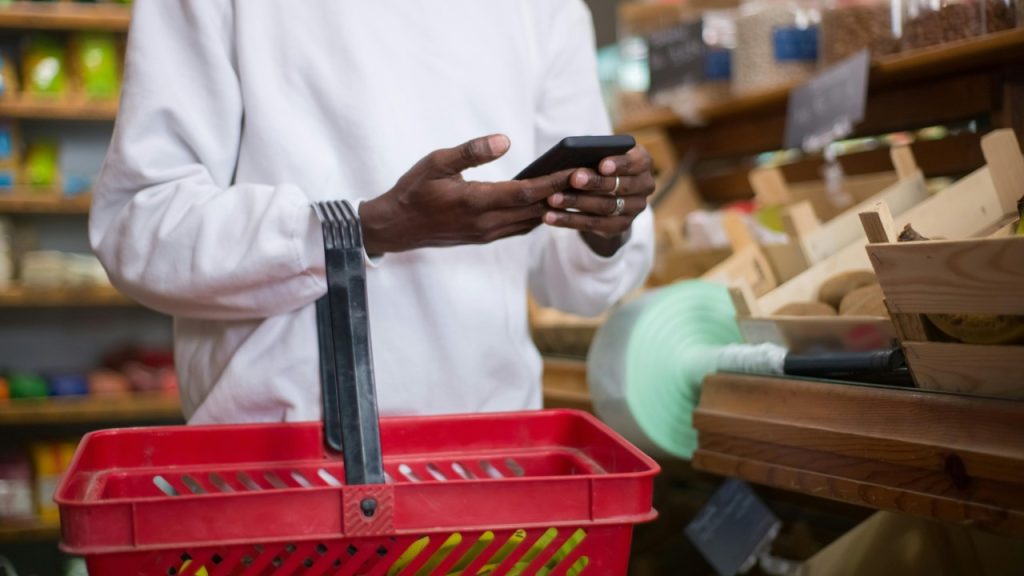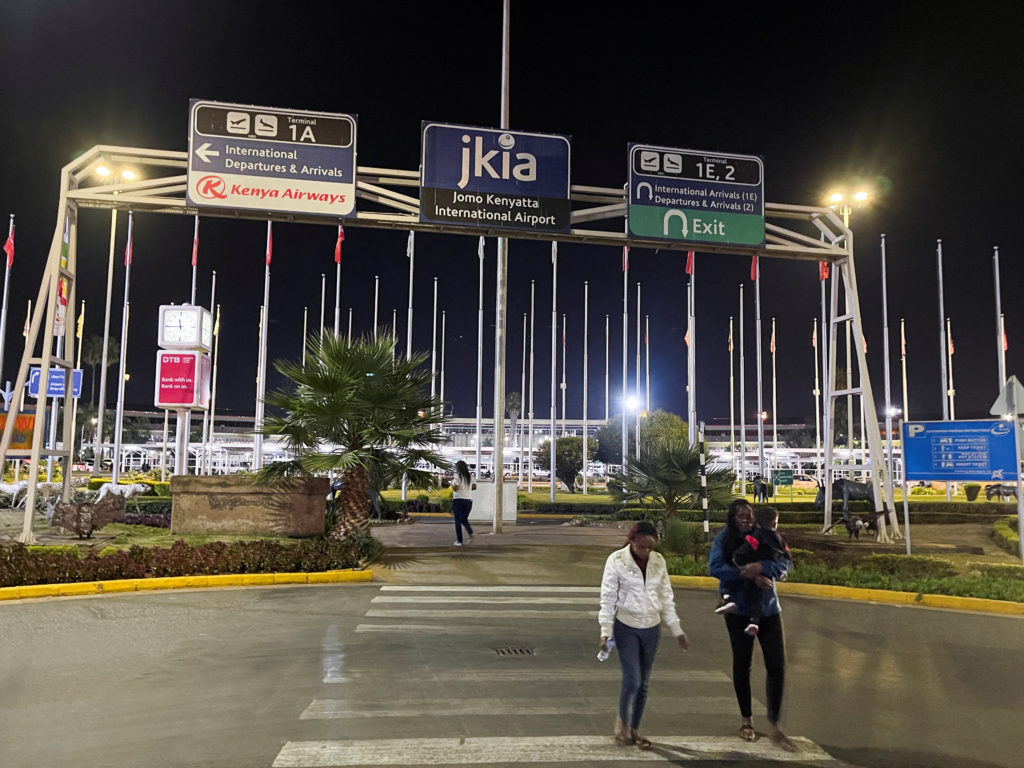
Twice every year, industry leaders, fintech pioneers, and entrepreneurs gather to share ideas, discuss the state of the industry and proffer solutions at the African Fintech Summit. Last November, the summit was held in Cape Town, South Africa and among the many attendees and innovative products present was VerifyMe which had recently launched its latest product, QoreID, in Ghana and Nigeria.
VerifyMe is a digital identity and consumer insights technology company that provides digital identity services including Know-Your-Customer (KYC) and Know-Your-Employee (KYE) for individuals and a wide range of industries. Some of their services include contactless customer onboarding and real-time identity confirmation.
The mission at VerifyMe is to connect businesses to trusted identities and customer analytics, especially in this modern world where transactions mostly happen online. Launched in September, QoreID leverages its digital identity infrastructure to do this for medium and large-scale enterprises.
TechCabal caught up with Sarah Essien, COO of VerifyMe, after AFTSCapeTown, to discuss her experience and how QuoreID serves a critical role in accelerating the Fintech ecosystem.
TC: What was your experience at the #AFTSCapeTown?
SE: The conversations were fascinating, and there were great networking opportunities. It was exciting connecting with our customers, potential customers, and other ecosystem partners to see how they are working towards their goals for the year.
We also told them about QoreID and how we can help them onboard their customers in a quicker, more seamless manner through simplified KYC processes and amazing consumer analytics.
TC: What was your most significant learning at #AFTSCapeTown
SE: My biggest takeaways from the summit had to do with the disruptive technologies in banking and all the sub-sectors that are emerging across Africa. Specifically, how existing and new banks are working hard to ensure that consumers have products that meet their needs.
My takeaway is that a lot of cross-border banking needs to happen now because Africans are connecting to do more business with each other. The world has truly become a global village.
Looking at these companies, their technologies and their growth, I’m thrilled about all the ways QoreID as a company can support them as they serve customers across Africa.
TC: VerifyMe recently launched a new platform, QoreID, which leverages its digital identity infrastructure to connect businesses to trusted consumer data. How does this work?
SE: QoreID is a digital identity and consumer analytics solutions platform that provides KYC and compliance support for medium and large-scale businesses. Essentially, it enables businesses to unlock growth by providing useful consumer insights that reveal who and what their customers are while ensuring they stay within regulatory demands.
TC: With products such as VeriFind and NIN enrollment services, VerifyMe already has its hands in the consumer data pot. What gaps in the ecosystem led to the birth of QoreID?
SE: As we developed solutions for the Nigerian market, we discovered that other African markets had similar gaps. Our distinct approach has placed us in an excellent position to take our products and services across the continent. Another gap we discovered was that digital identity verification was not enough; we needed to provide additional support to our partners and clients by providing customer analytics.
TC: Some industry analysts say that there is a lot of data locked within the African fintech ecosystem that is not trickling into the real economy. With the increasing shift towards an open economy—DeFI, blockchain, open finance, etc—how do consumer data companies like yours plan to support these emerging systems?
VerifyMe and QoreID are already in a great position to support these emerging systems. The core mission of our business is to promote trust across the continent by providing verified identity data and solutions to finance, banking, and many other industries. In addition, we are also developing solutions that will allow blockchain and DeFi companies to manage and operate their businesses totally on-chain without having to branch out to offline solutions.
TC: With DeFi and blockchain enabling open economies, there are increased security risks. A big concern with identity and technology these days for most consumers is how their data is secured and used. How does QoreID handle data security and access to consumer data?
For the first part, with technologies like DeFi and blockchain, there are significant security risks due to the lack of reliance on a regulated identity, paving the way for potential problems. This is one of the reasons why VerifyMe and QoreID are looking into Oracle APIs to address these issues for the community.
In terms of how QoreID handles data security, we are NDPR, GDPR and privacy security compliant in every country we operate in. One of the key things about our product is that the request generator is always the data owner. So we don’t sell data.
In a nutshell, QoreID handles data security and access to consumer data by not selling data and by also ensuring access to customer data is initiated by the consumer. Our business use cases don’t have any risk as long as we continue to be compliant with our information security benchmarks. We currently have 27001 and cybersecurity compliance.
What has the response been to QoreID, especially with the expansion into Ghana?
We have had a fantastic response to the recent launch of QoreID, especially with the expansion into Ghana. Several of our existing customers who already operate in Ghana have been looking for more reliable partners, so they have been very welcoming with the vast range of services we’ve brought into the country.
We are seeing a number of our existing customers migrate to the new platform to take advantage of key new features like our workflow-as-a-service product and our Digital Addressing solution. These tools provide them with simpler integration and more robust reporting and analytics on their users.
TC: Recently, we have seen many big ecosystem players come under the regulatory hammer over anti-money laundering and know-your-customer (AML/KYC) infractions. Can we attribute this to the failure of KYC companies to meet up with industry demands and expectations?
Two things should be noted concerning fintech players not meeting industry compliance demands.
First, to a certain extent, KYC is still very prohibitive. Getting fully email-compliant KYC for an African micro-lender can cost anywhere between ₦800-1000, meanwhile, micro-credit loan accounts are opened for ₦6000–₦7000.
The second point is the availability of data. While we have about 40 million people who are banked, the amount of data required by regulation to get them to full KYC is still not mature. This makes it difficult to get a digital 360 KYC view of a customer.
The high cost of KYC and a lack of readily available relevant data are two key factors that make a lot of Fintech players avoid full KYC. However, it’s not all their fault. The ecosystem just needs to continue to mature before they get there.
TC: With 64 million Nigerians still unbanked, what alternative credit scoring methods does QoreID use for this population?
With 64 million Nigerians still unbanked, there’s potentially going to be some form of hybrid banked people. Just because people have bank accounts doesn’t mean you have enough data endpoints to evaluate them for credit. In the emerging African market, what has happened is that innovative startups such as QoreID are beginning to look at other methods which is why we call it alternative credit. Telco data is an emerging endpoint that we are already using to evaluate customers. There’s also rental information, payroll data and the like. So there are emerging ways to assess unbanked customers today, and hopefully, this is going to continue to grow.
TC: Are there any further expansions for QoreID planned?
In terms of expansion, we launched in Ghana in September, and we’re really excited to be launching in Kenya this year. These are our main African focuses in the next six to 12 months. However, we do anticipate that towards the end of the year, we will also expand across Africa depending on the demand as well.
As we expand, we will make our roots as deep as possible by making our companies reflect the local economies we operate in. We will have directors from the countries we work in and also connect to government data sources. So, we do take our time when we are expanding, but we expand in a way that enables us to operate very effectively in these new markets.
TC: VerifyMe is a very dynamic company. Transitioning from background checks and work history reporting to tech with innovative products such as Verifind and the QoreID platform, among others. What is next for the company?
We will continue to go beyond APIs and identity. Our customers should expect really robust technology to bring convenience and efficiency to onboarding while keeping them compliant. We’re also going to be providing the ability for our customers to have a 360 view of their own customers so they can offer higher value services. So the future for us is pretty exciting.

















